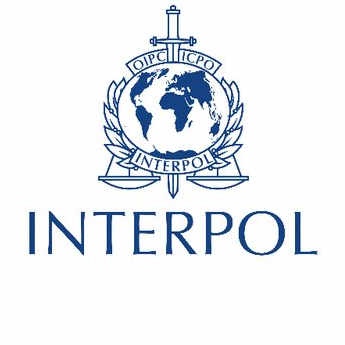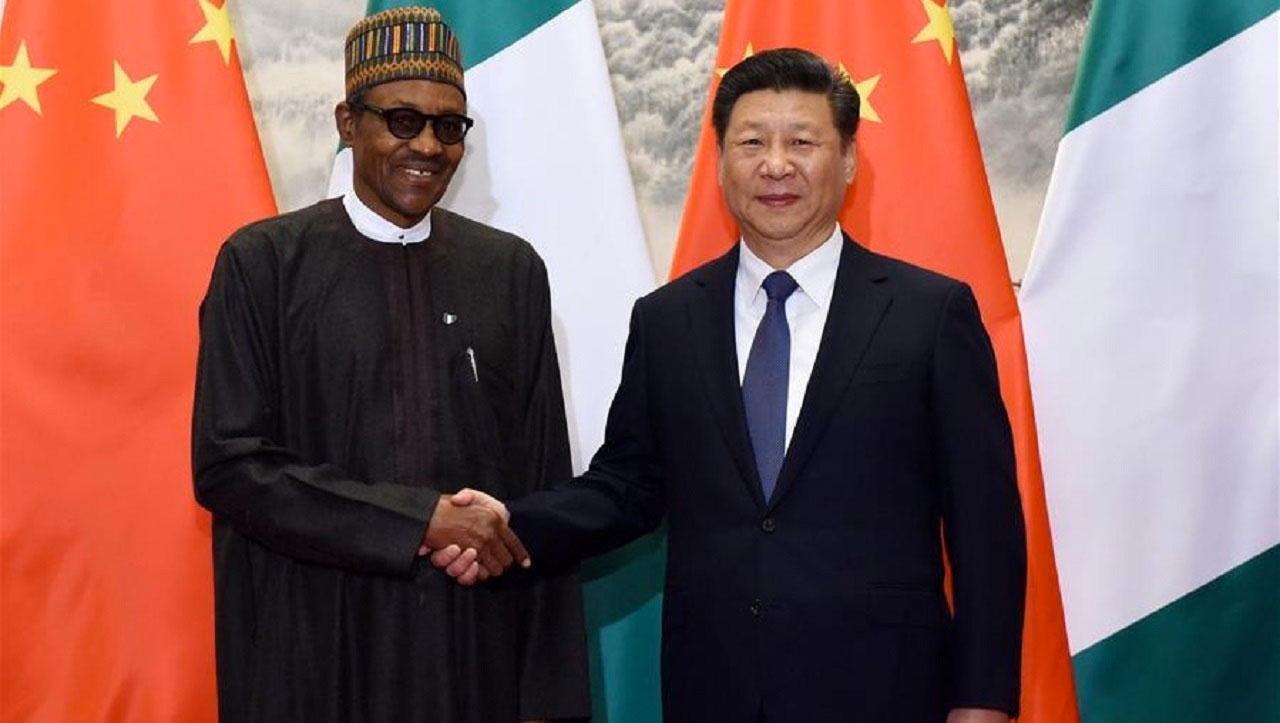The International Criminal Police Organisation, popularly called Interpol, has traced a €500,000 COVID-19 fraud to Nigeria. The organisation made t
The International Criminal Police Organisation, popularly called Interpol, has traced a €500,000 COVID-19 fraud to Nigeria.
The organisation made this known in a statement on its website titled, ‘Unmasked: International COVID-19 fraud exposed’.
According to the statement, the scheme was coordinated using compromised emails, advance-payment fraud, and money laundering.
It stated that the covid-19 fraud was uncovered by financial institutions and authorities across Germany, Ireland and the Netherlands, as part of a case coordinated by INTERPOL.
The statement read in part, “In mid-March, as a number of countries were going into lockdown due to the coronavirus outbreak, German health authorities contracted two sales companies in Zurich and Hamburg to procure EUR 15 million worth of face masks.
“With a global shortage on medical supplies complicating usual business channels, the buyers followed new leads in the hopes of securing the masks. It all started with an email address and website which appeared to be linked to a legitimate company in Spain selling face masks.
“Unbeknownst to the buyers, the site was a fake and their legitimate email addresses had been compromised. Through email correspondence, the company initially claimed to have 10 million masks, only for the delivery to fall through.
“As consolation, they then referred the buyers to a ‘trusted’ dealer in Ireland. The Irish middleman promised to put them in touch with a different supplier, this time in the Netherlands.
“Claiming to have a strong commercial relationship with the company, the man provided assurances that the alleged Dutch company would be able to supply the 10 million face masks. An agreement for an initial delivery of 1.5 million masks was made, in exchange for an up-front payment of EUR 1.5 million.
“The buyers initiated a bank transfer to Ireland and prepared for delivery, which involved 52 lorries and a police escort to transport the masks from a warehouse in the Netherlands to the final destination in Germany.
“Just before the delivery date, the buyers were informed that the funds had not been received and that an emergency transfer of EUR 880,000 straight to the Dutch supplier was required to secure the merchandise.
“The buyers sent the wire transfer and the masks never arrived. It turns out the Dutch company existed, but their website had also been cloned. There was no official record of the order.
“When the buyers realized they had been duped, they immediately contacted their bank in Germany, which in turn contacted INTERPOL’s Financial Crimes unit, setting off a race to intercept the funds and follow the money trail.
“The Dutch Fiscal Information and Investigation Service quickly tracked down the EUR 880,000 which had been transferred from the German company. Nearly EUR 500,000 of those funds had already been sent to the United Kingdom, all of which was destined for an account in Nigeria.”
Punch


